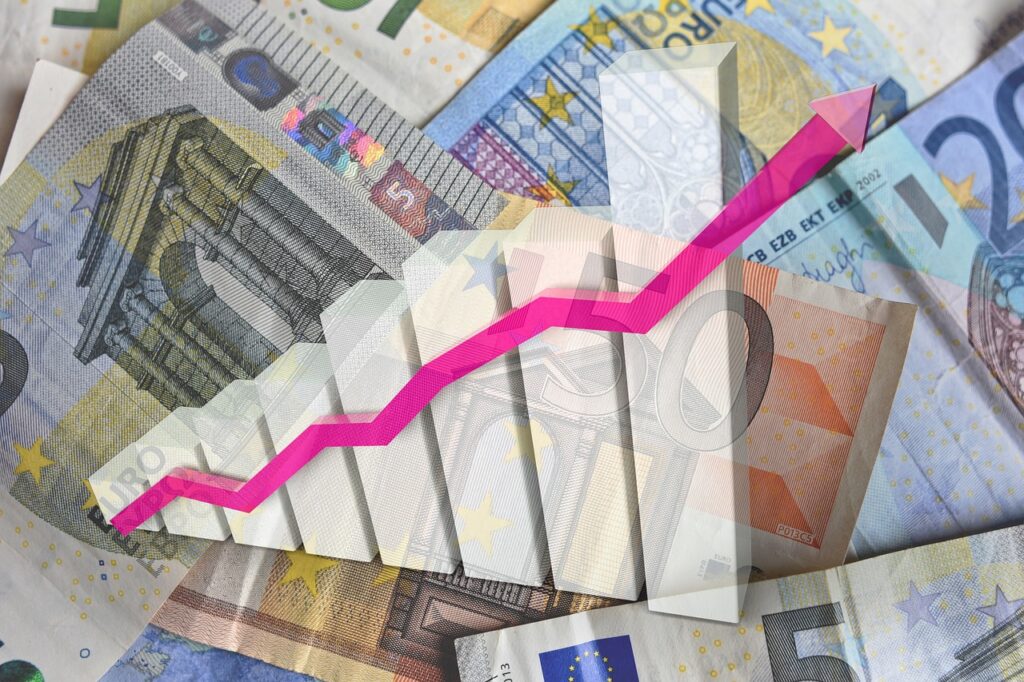Economics Minister Robert Habeck sees it as a bitter and hard truth that consumers will have to pay more for fuel, electricity and heating in the future. The Minister of Economics predicts permanently high energy prices for consumers. With the high energy prices, of course, the prices for all products and services also rise and thus ultimately inflation.
Habeck announces permanently high energy prices
At a meeting with more than 40 SME associations, from the trades, logistics and energy sectors, Habeck said; “We will have to continue to expect higher prices. That is the bitter and hard truth”. According to Habeck, the state is not in a position to absorb all energy price increases. This applies to companies as well as to consumers. The aid programmes already set up by the federal government could not prevent prices from being passed on. According to Habeck, however, many energy-intensive companies have long-term contracts. Therefore, these companies would not feel the price increases until 2023. Then the prices for many products would rise once again.

Economy Minister expects high price jumps with oil embargo.
According to Habeck, an oil embargo against Russia would also trigger an additional price surge. There are likely to be strong price jumps, especially for fuels. Habeck supports the EU’s proposed oil embargo against Russia. This could come into effect as early as the turn of the year. According to Habeck, an oil embargo would no longer be a national disaster. However, he expects high price jumps, as Russian oil would have to be replaced by more expensive alternatives from other countries. Even before considering an oil embargo, Habeck pointed out that we would become poorer.
Many companies have already increased prices in March
According to a survey by KfW, 25 percent of SMEs have already raised their prices in March due to higher energy prices. But it is not only energy prices that are causing problems for companies. 42 percent of companies said they were affected by supply bottlenecks. Almost one third of the 3.8 million SMEs in Germany purchase raw materials, intermediate products or services from abroad. Looking only at these companies, eight out of ten are already affected by supply bottlenecks that lead to production losses.
